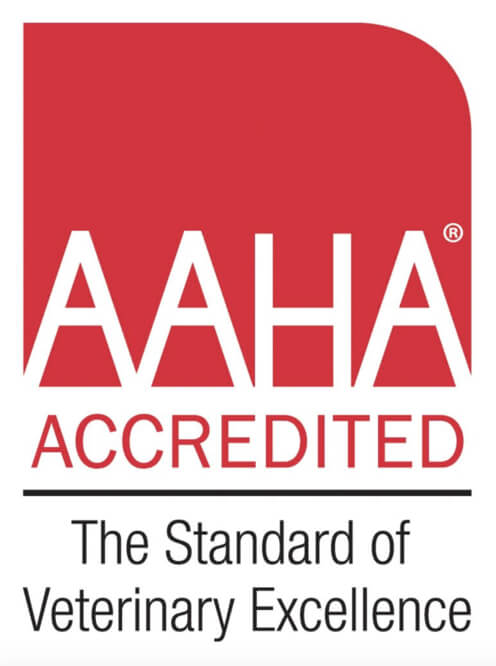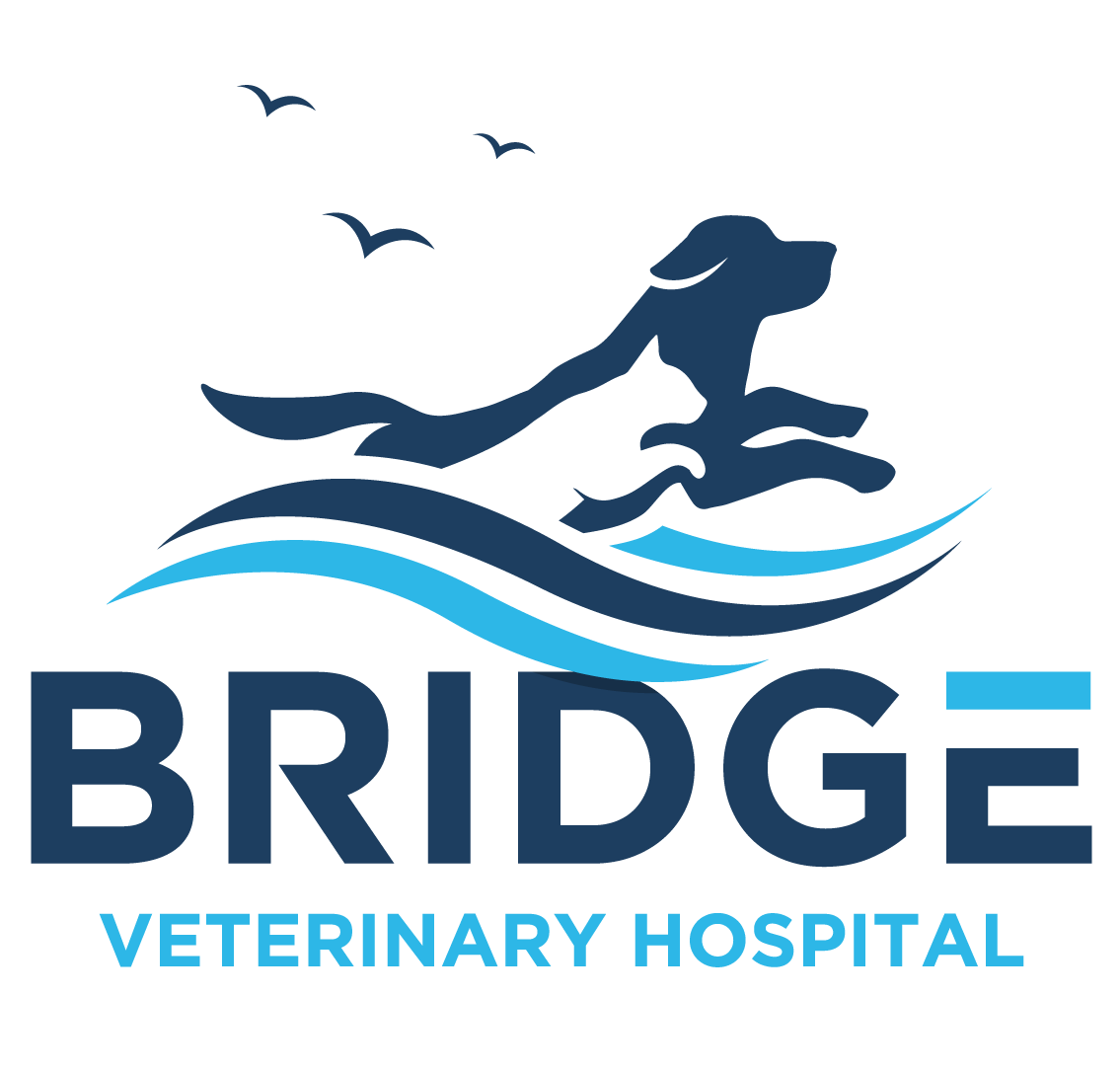A breed that’s as mysterious as it is majestic: the Chow Chow. Known for their dignified demeanor and cat-like personalities, these dogs are an intriguing blend of aloof and affectionate. But what really makes a Chow Chow tick? Let’s dive in!
Charismatic Traits to Adore:
- Confident and Self-Reliant: These dogs don't require constant attention and are perfectly content doing their own thing.
- Adaptable: Whether you live in a bustling city or the quiet countryside, a Chow Chow adapts well to various environments.
- Quiet Nature: Not keen on a noisy pet? The Chow is generally a low-barker.
- Security Expert: They are formidable guard dogs, territorial yet docile when it comes to their family.
- Low Maintenance: Not a fan of long walks? The Chow Chow requires minimal exercise, making them ideal for laid-back lifestyles.
Lion's Mane, Lion's Game: Challenges to Consider:
- Headstrong: The Chow Chow has an independent spirit, which might make training a bit of a challenge.
- Slow to Train: Their stubborn nature can make them less responsive to quick training methods.
- Socialization Needed: If not properly socialized, they can be aggressive towards strangers and other dogs.
- Heat Intolerance: These furballs don't fare well in hot climates.
- Kid Supervision: Although devoted, it's best to supervise them around small children.
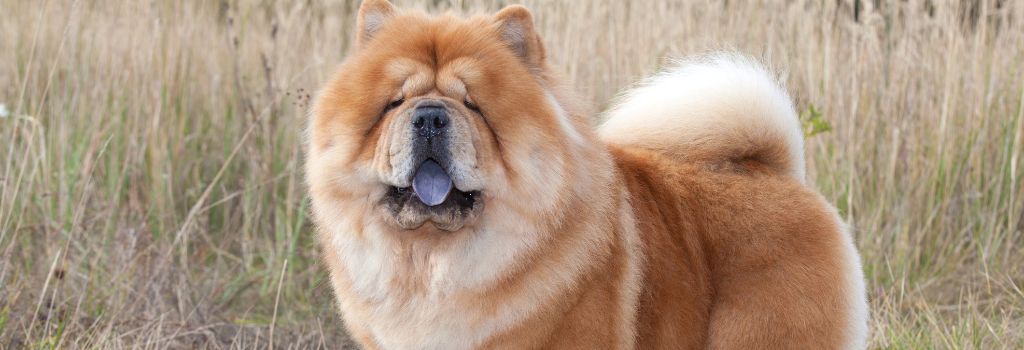
A Tale as Old as Time: From Ancient China to Modern Homes
The Chow Chow has an ancient lineage that takes us back to China, where they were all-purpose dogs—hunting, herding, pulling carts, and even offering protection. Their unique blue-black tongue, fluffy fur around the neck, and stilted gait make them instantly recognizable.
A Name You Can't Forget: Songshi Quan
In China, they’re known as "Songshi Quan," translating to "Puffy Lion Dog." And it’s not hard to see why!
Housebreaking and Health
Chows are intelligent and clean, making housebreaking generally a breeze. Healthwise, they're fairly robust with an average lifespan of 11-12 years.
Conclusion
So, if you're looking for a dog that is as reserved as they are regal, a Chow Chow could be the perfect pet for you! Just be prepared for a pet with a strong personality and specific needs. But in the end, the love and loyalty they offer are worth the challenges.
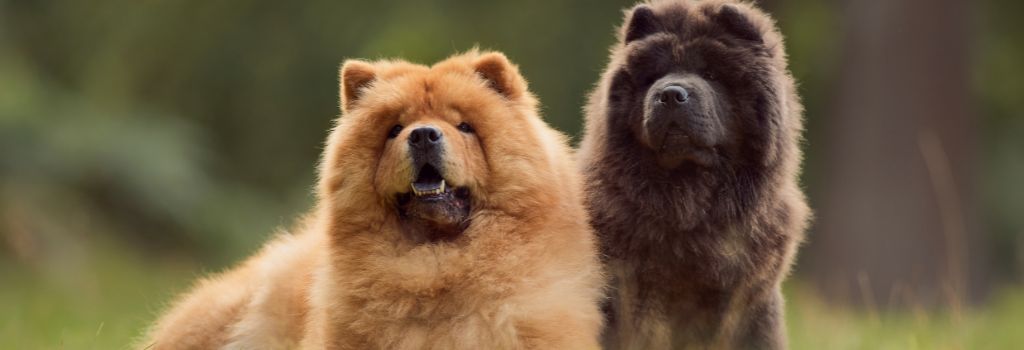
Genetic Predispositions for Chow Chows
Bloat: The Speedy Danger
Did you know your fur-baby has a greater risk for Gastric Dilatation and Volvulus, or GDV? That's a fancy term for bloat, a super serious condition where your dog's stomach twists on itself, filling up with gas. The scary part? It can be fatal in as little as 30 minutes if not treated! Signs to look out for include an enlarged abdomen, restlessness, and unsuccessful retching. If you ever see these symptoms, don't wait—rush your Chow Chow to an emergency hospital immediately. You can also consider preventive surgery to keep that tummy where it should be.
Eye Spy With My Little Eye: Vision Concerns
Our Chow Chows' eyes are not just the windows to their soul, but also indicators of their overall health. Glaucoma, entropion, cataracts, and dry eye are some common concerns in Rough Coated Chow Chows. Some of these conditions can be incredibly painful, like glaucoma, which needs to be treated as a medical emergency. And don't wait to get that pesky entropion fixed; it's not just annoying—it's painful and can lead to blindness. Regular vet visits and keen observation at home can make a world of difference for your pup's eye health!
Bone & Joint Jamboree
Owning a Chow Chow means you should be in the know about a variety of musculoskeletal problems that could affect your pal. Dysplasia, patellar luxation, and issues with the cranial cruciate ligament are among the concerns. Our furry friends may also grow too quickly, leading to conditions like osteochondritis dissecans (OCD) and eosinophilic panosteitis, commonly known as 'pano.' The good news is, early diagnosis and treatment can help manage most of these conditions effectively. Keep your pup at a healthy weight and consult your vet for the best dietary and exercise plans.
The Brain Game: Neurological Concerns
Chow Chows can be prone to wobbler disease, a condition causing a wobbly, drunken gait. It's a neurological issue, due to the narrowing of vertebrae in the neck, which affects the spinal cord and its communication with the brain. The first signs are usually unsteady hind legs and a tendency to stumble or fall. There are various treatment options available including medications, neck braces, and even surgery.
The Sweet but Serious World of Dog Diabetes
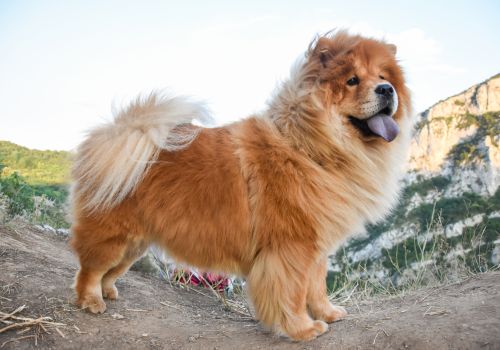
Diabetes mellitus in Chows is a tad more common than in other breeds. If your pooch starts drinking water like a fish, eating non-stop, but still seems to be losing weight, it might be time to get them checked for diabetes. A quick lab test can confirm this. Keep in mind, treating a diabetic dog involves a steadfast commitment—think daily insulin shots and regular monitoring. But hey, the good news is that a well-regulated diabetic dog can live just as long as non-diabetic ones!
Cancer and Your Chow: What You Need to Know
It's a word no pet owner wants to hear—cancer. The unfortunate reality is that cancer is more prevalent among older dogs, and your Chow might be at a higher risk starting at a younger age. But worry not; early detection through periodic blood work and vigilant physical exams could be a lifesaver! Many forms of cancer are curable by simply removing them, and even for the tricky ones, chemotherapy has been increasingly successful.
The Sneaky Mast Cell Tumor
Speaking of cancer, let's talk about a sneaky one—mast cell tumors. These are especially common in Rough Coated Chow Chows. The tricky part? They often masquerade as harmless skin lumps! This is why it's essential to get any new lump or bump on your dog checked out. When it comes to cancer, the mantra "early detection, early removal" holds true.
When Your Dog's Skin Fights Back: Autoimmune Skin Disease
Around the age of four, some Chows might start developing a superficial skin disease known as Pemphigus Foliaceus. Look out for crusts and hair loss usually occurring on the nose and inside the ear flaps. Heading out in the sun? Slather some zinc-free sunscreen on those sensitive spots as sunlight can exacerbate the condition. While it can't be entirely cured, effective treatments can manage symptoms.
Allergies: Not Just a Human Problem
For Chow Chows, the allergy symptoms usually manifest through itchy skin, particularly affecting the belly, feet, and ears. If your pup is constantly licking their paws or suffering from recurrent ear infections, allergies might be the culprit. The silver lining? There are a plethora of treatment options that can provide relief.
A Heart-to-Heart about Canine Heart Disease
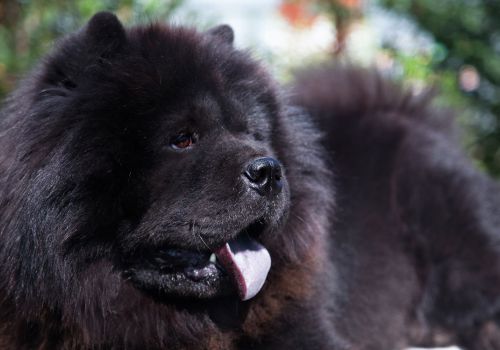
Your Chow Chow's heart needs some special attention as well. These lovable canines could be born with various heart defects that may affect anything from the heart's structure to its rhythm. If your dog seems to tire easily, or if the belly appears swollen, consult your vet for a thorough heart check. Special tests may be needed, especially if a heart murmur is detected during regular exams.
Thyroid Troubles in Chows
This breed is especially prone to hypothyroidism—a condition where the body can't produce enough thyroid hormones. Watch for symptoms like dry skin, hair loss, or weight gain. A simple blood test can diagnose this condition, and the treatment is generally straightforward, involving hormone replacement in the form of a pill.
Exocrine Pancreatic Insufficiency: A Mouthful of a Name but Manageable
EPI is a digestive issue that's more common in Rough Coated Chows—exocrine pancreatic insufficiency. Symptoms include weight loss and, well, let's say less-than-pleasant-smelling greasy diarrhea. This happens because the pancreas isn't producing enough enzymes to help with digestion. If diagnosed, your Chow will need digestive enzymes added to their food for life. It sounds serious, but the condition is manageable with the right treatment.
If you have questions and you'd like to reach out to us, you can call us directly at (567) 361-3407, or you can email us at [email protected]. Don't forget to follow us on social media Facebook, Instagram.
